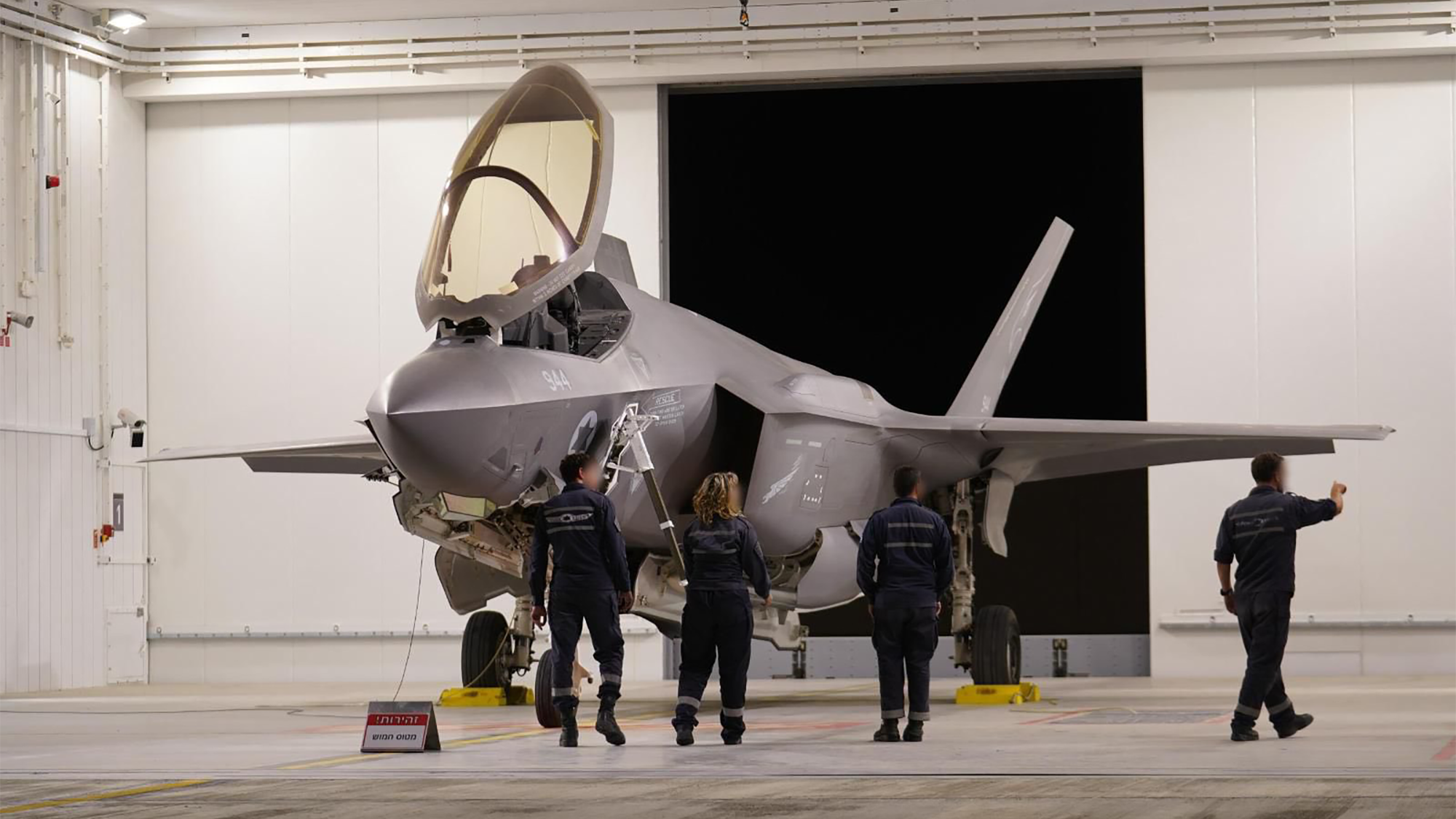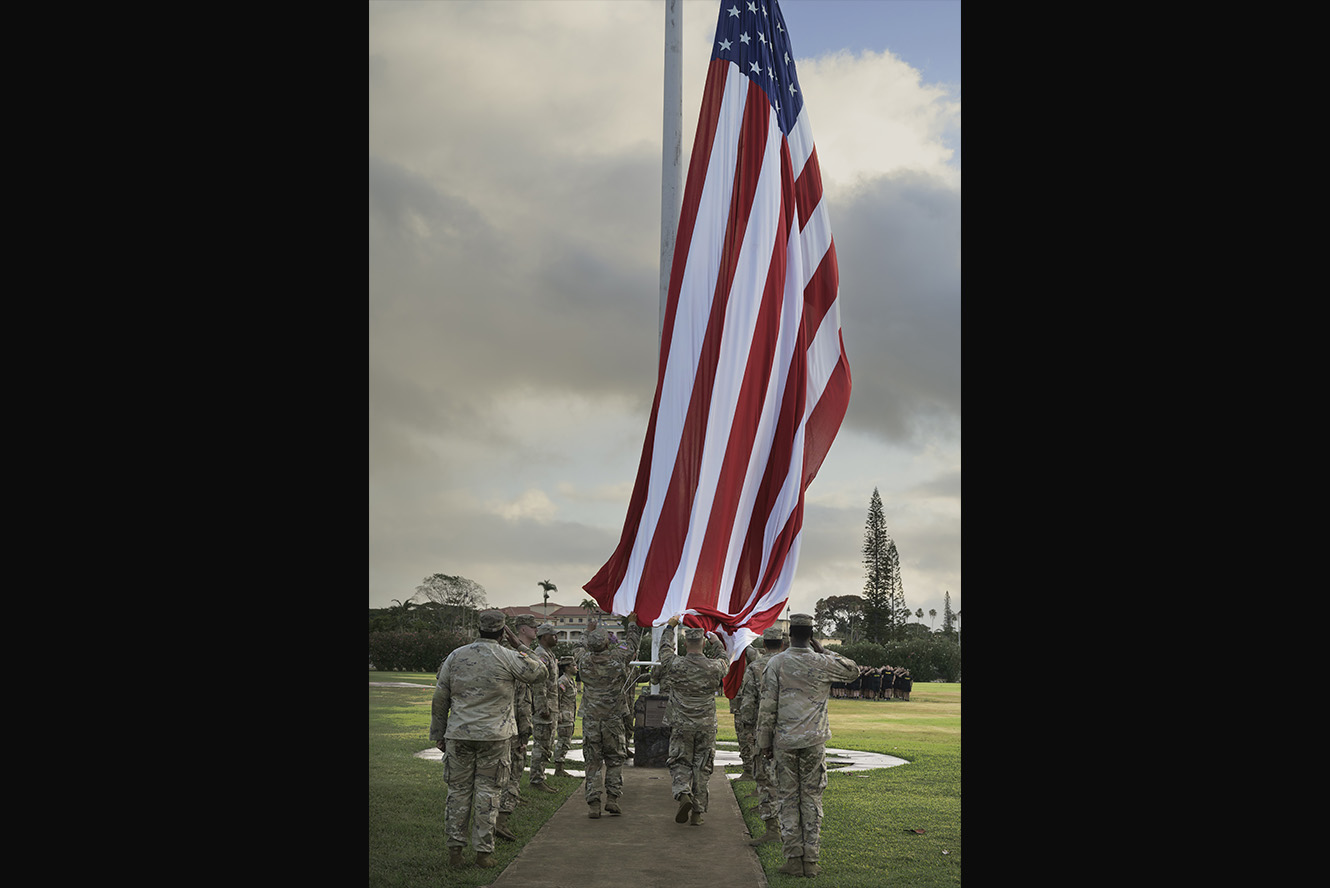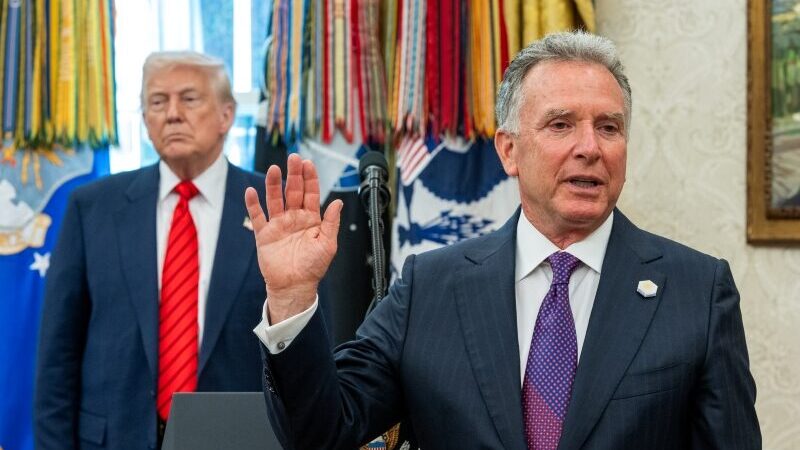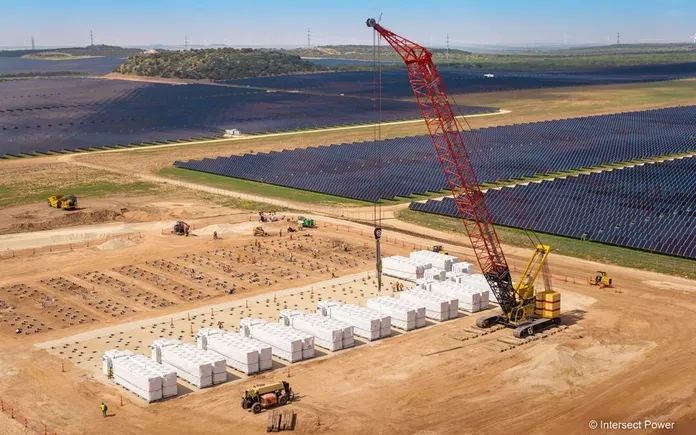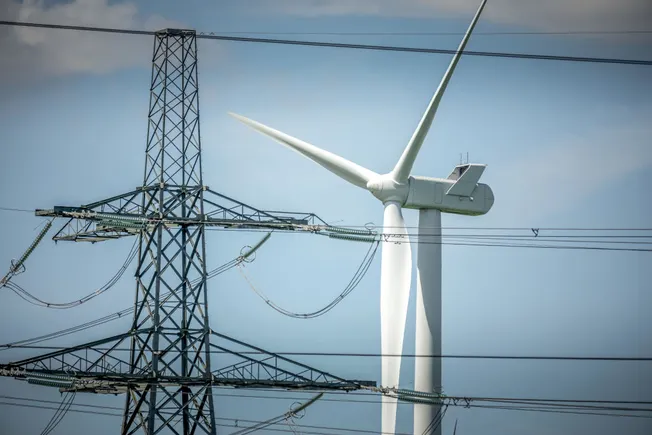Kroger Workers in Indiana Vote to Strike
Kroger workers will soon go on strike.

Indiana is the latest flash point in Kroger’s spreading labor unrest. Members of United Food and Commercial Workers (UFCW) Local 700 — representing roughly 8,000 clerks, meat-cutters, and pharmacy techs across central Indiana — rejected a tentative four-year agreement by a lopsided 74 percent margin. The “no” vote automatically activated strike authorization, giving leaders the legal power to call a walkout at any moment. According to My Bellingham Now, Local 700 President Tracy Bartak said the message could not be clearer: “With this vote, the membership has spoken.”
What’s Driving the Discontent
Rank-and-file workers describe the company’s latest offer as “concessionary.” Some raises would have been as low as 50 cents an hour, leaving part-time grocery clerks at just $13.25 by 2029 — a wage that trails both the state’s cost-of-living index and Kroger’s own record profits. The draft deal also delayed spousal health-care coverage, weakened seniority rights for part-timers, and shortened the time members had to review the document before voting. Those provisions, workers say, illustrate the widening gulf between Kroger’s $147.1 billion in 2024 revenue and the day-to-day realities on the supermarket floor.
Strike Authorization and Next Steps
Because the old contract has expired, Local 700 can legally strike once it gives a 10-day notice, though union officials hope that threat alone will push Kroger back to the table. Bargaining is expected to resume later this week in Indianapolis; if talks stall, picket lines could appear in more than 100 Hoosier State stores as early as mid-June. A statewide strike would disrupt everything from curbside pickup to pharmacy hours, because Indiana’s contract covers multiple store formats — including Kroger Marketplace, Pay Less, Owen’s, and Ruler Foods banners.
Kroger Faces Coordinated Labor Pressure Nationwide
Indiana is not an outlier. Just days before Local 700’s vote, 30 CDL drivers at Kroger’s Forest Park, Georgia, fulfillment center authorized a strike by a 96 percent margin after “months of slow-walked negotiations,” according to Teamsters Local 528. In Washington State, UFCW 3000 members covering King, Kitsap, and Thurston counties also voted to strike, citing understaffing and spiraling health-care premiums. Taken together, the actions signal a coordinated push across multiple unions and geographies, amplifying leverage just as summer holiday demand ramps up.
Mounting Legal and M&A Headwinds
Labor turmoil comes on top of regulatory headaches. In late 2024, Kroger and Albertsons were hit with a Colorado class-action suit alleging the two chains colluded during the 2022 King Soopers walkout to keep wages down. That litigation coincided with the Federal Trade Commission’s lawsuit that ultimately spiked Kroger’s proposed $25 billion takeover of Albertsons on antitrust grounds. While both grocers agreed to divest 579 stores, a federal judge issued a preliminary injunction in December, prompting Albertsons to terminate the deal. The company now faces a double bind: a fragmented national footprint without merger synergies and a newly emboldened workforce demanding a larger share of profits.
What a Strike Could Mean for Shoppers, Suppliers, and Investors
If Indiana workers walk out, consumers will feel it first through longer checkout lines, reduced deli hours, and potential out-of-stocks on fast-moving categories like fresh meat and pharmacy prescriptions. Vendors could see delivery schedules reshuffled or paused, especially for just-in-time items such as bakery goods. For investors, the immediate question is margin erosion; every percentage-point wage bump slices roughly $100 million from annual operating profit, according to prior Kroger SEC filings. Longer term, analysts worry that simultaneous labor actions across multiple states could weaken the grocer’s negotiating stance with bondholders, just as it faces elevated borrowing costs post-merger collapse.
The Bottom Line
With inflation moderating but food prices still elevated, Kroger’s reputation hinges on keeping stores staffed and shelves full — yet doing so now requires addressing workers’ core demands on pay, scheduling, and health care. Indiana’s overwhelming strike vote underscores a broader shift: frontline grocery employees are no longer willing to trade pandemic-era heroism for sub-inflation raises. Whether Kroger opts for a swift settlement or tests the resolve of Local 700 could set the tone for labor relations across its 2,700-store network for years to come.

































































































